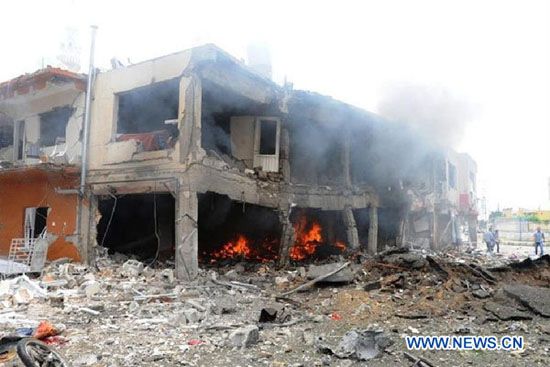
Cross-provincial transportation of live poultry from provinces where H7N9 bird flu cases have been detected has been banned, the Ministry of Agriculture said in a statement posted on its website late Friday.
The statement, jointly released by six government bodies including the Ministry of Transport and the China Food and Drug Administration, said that baby chicks certified as safe by government agencies may still be transported between provinces.
Poultry farmers have been slaughtering baby chicks because of sluggish demand and falling prices amid the H7N9 fears, and industry insiders said the industry is set to see a supply crunch in the next few months.
The industry has lost 40 billion yuan ($6.51 billion) since the deadly disease broke out at the end of March, media reports said.
"Poultry product prices are set to rise in the next few months amid the tight supply," Ma Chuang, deputy secretary-general at the Chinese Association of Animal Science and Veterinary Medicine, told the Global Times Sunday.
"Even if farmers increase production now, the products will not hit the market until September," Ma said.
Media reports said that prices of poultry-related products like down jackets are also likely to rise by up to 30 percent this year given the tight supply.
Wen Huachun, a poultry farmer in East China's Jiangsu Province, said his farm had cut sales of the baby chicks and chicken to almost nothing, because the more he sells, the bigger the loss he will make currently.
Wen said he has lost more than 600,000 yuan since the H7N9 outbreak.
But he is also betting on a price surge in the next few months, so he has kept some of the baby chicks instead of slaughtering them all.
"The H7N9 disease may come under control as the weather gets warmer and warmer," said Ma.
"But consumers' negative sentiment toward poultry products is not likely to go away that soon," he noted.
















 New lease on life
New lease on life
Pay tribute to mothers who have been through Wenchuan earthquake


![]()
